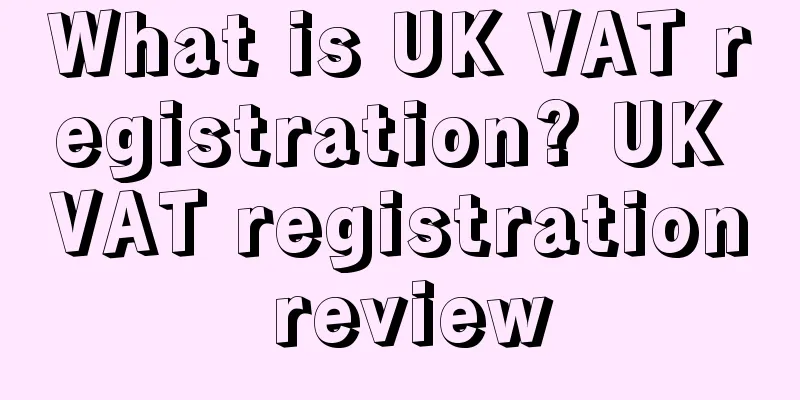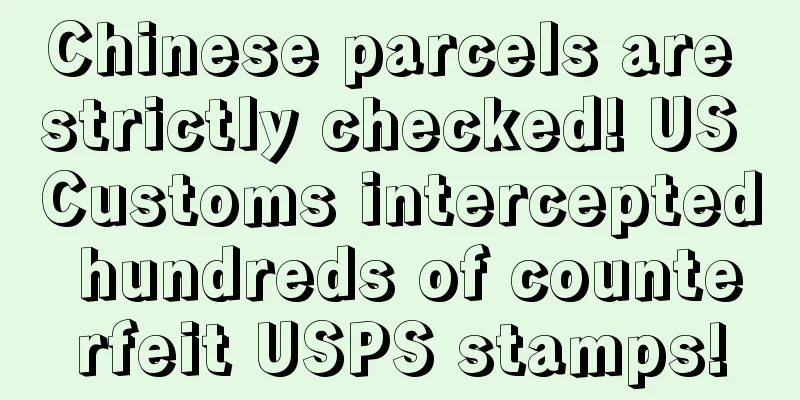|
In 2023, the tide of cross-border e-commerce changes will surge forward. With the optimization and adjustment of epidemic prevention and control policies, the global consumer market has gradually recovered, but at the same time, the market trend is unpredictable and the mainstream cross-border market tends to be saturated. Nowadays, not only do cross-border sellers urgently need to find a breakthrough in the fierce competition, but Amazon, as an e-commerce giant, is also exploring effective ways to improve efficiency and reduce costs. A few days ago, we learned that Amazon has once again adjusted its search ranking rules. Amazon adjusts search rankings Or adopt the principle of warehousing nearby
It is learned that on May 14, according to foreign media reports, in order to optimize the delivery time in the United States, Amazon adjusted its search ranking rules and displayed the products with the storage location closest to the buyer at the top of its search results. It is understood that the previous logistics model of Amazon's US site was that no matter how far away the warehouse was from where the goods purchased by the buyer were, the goods would be shipped from this warehouse. Not long ago, Amazon divided its U.S. logistics distribution network into eight regions and stored frequently ordered items in each region to take advantage of the massive expansion of its distribution network during the epidemic. By adjusting the ranking of search results, Amazon will enable buyers to purchase products that are closest to them, further localize transportation, and reduce shipping time and costs. Amazon's vice president of transportation previously said that Amazon data shows that the faster an item is delivered, the more likely the buyer is to shop again. Therefore, for sellers , adjustments to regional logistics and search rankings will also have a certain impact. Large sellers with inventory in various regions will receive more natural search traffic . In addition, this adjustment to the search rules will not only further improve Amazon's delivery efficiency and reduce logistics costs, but may also reduce a series of logistics fees that the platform previously charged to third-party sellers . However, as of now, Amazon has not responded to this adjustment. In comparison, what has attracted more attention from sellers recently is Amazon’s response to the US Consumer Notification Act that was released last week. Amazon responds to Consumer Notification Act announcement It will not directly lead to the seller’s account being blocked!
It is learned that according to the announcement disclosed by Amazon US on May 11: The US Consumer Notification Act, which will come into effect on June 27, 2023, stipulates that high-sales third-party sellers are required to provide their business information, which will be collected, verified and disclosed by Amazon. According to the Consumer Notification Act, for sellers selling on Amazon's US store, if the total product sales volume reaches (or exceeds) 200 units for 12 consecutive months in the past 24 months and the total transaction amount exceeds US$5,000, Amazon needs to collect and verify the seller's name, ID card, company address, bank account information, valid email address, valid telephone number and tax identification number, and ensure the authenticity and consistency of this information. For sellers who have completed account verification on Amazon, if the relevant information has not been changed, no further operations are required. For sellers who need to take additional procedures , Amazon will contact the sellers by email and provide corresponding operational guidance. At the same time, Amazon will also conduct information verification once a year for sellers who meet the specified requirements in accordance with regulations to ensure the timeliness and accuracy of the sellers' corporate information.
Since Amazon had just launched a wave of verification for old accounts, the announcement caused heated discussions in the cross-border circle as soon as it was released. Many sellers mistakenly regarded the bill as Amazon's new rules for scanning accounts, and there was even news that "all Amazon stores before 2022 will be reviewed again." So far, Amazon has not confirmed the news that "all Amazon.com stores before 2022 will be reviewed again." However, Amazon Global Store responded that there will be specific information to inform sellers who need verification how to conduct the corresponding verification later. In addition, recently, we also received a response from Amazon Global Selling Office regarding the above announcement: 1. The Consumer Notification Act mentioned in the announcement is not a new regulation of Amazon, but a requirement of the U.S. federal law; 2. This bill is not only for Amazon, but also for sellers on other third-party platforms who are required to verify their accounts every year; 3. There is no suspension or fine for information verification. If the verification is not timely, the account will be suspended and will be restored once the verification is completed. To summarize the above responses, the Consumer Notification Act is actually generally applicable to all sellers on third-party e-commerce platforms in the US market . For sellers who operate in compliance, submitting relevant information in accordance with regulations can generally pass smoothly. If the information is not fully prepared, you may encounter verification bottlenecks, resulting in account suspension, but it is not a ban. After the information passes the verification, the account can be restored. Regarding the old account verification issue, some solutions for reference are also mentioned in "A large number of sellers were suddenly scanned! Is Amazon reviewing old accounts?", hoping to be helpful to the relevant sellers. What do you think of this bill? Welcome to discuss in the comments section~
|










